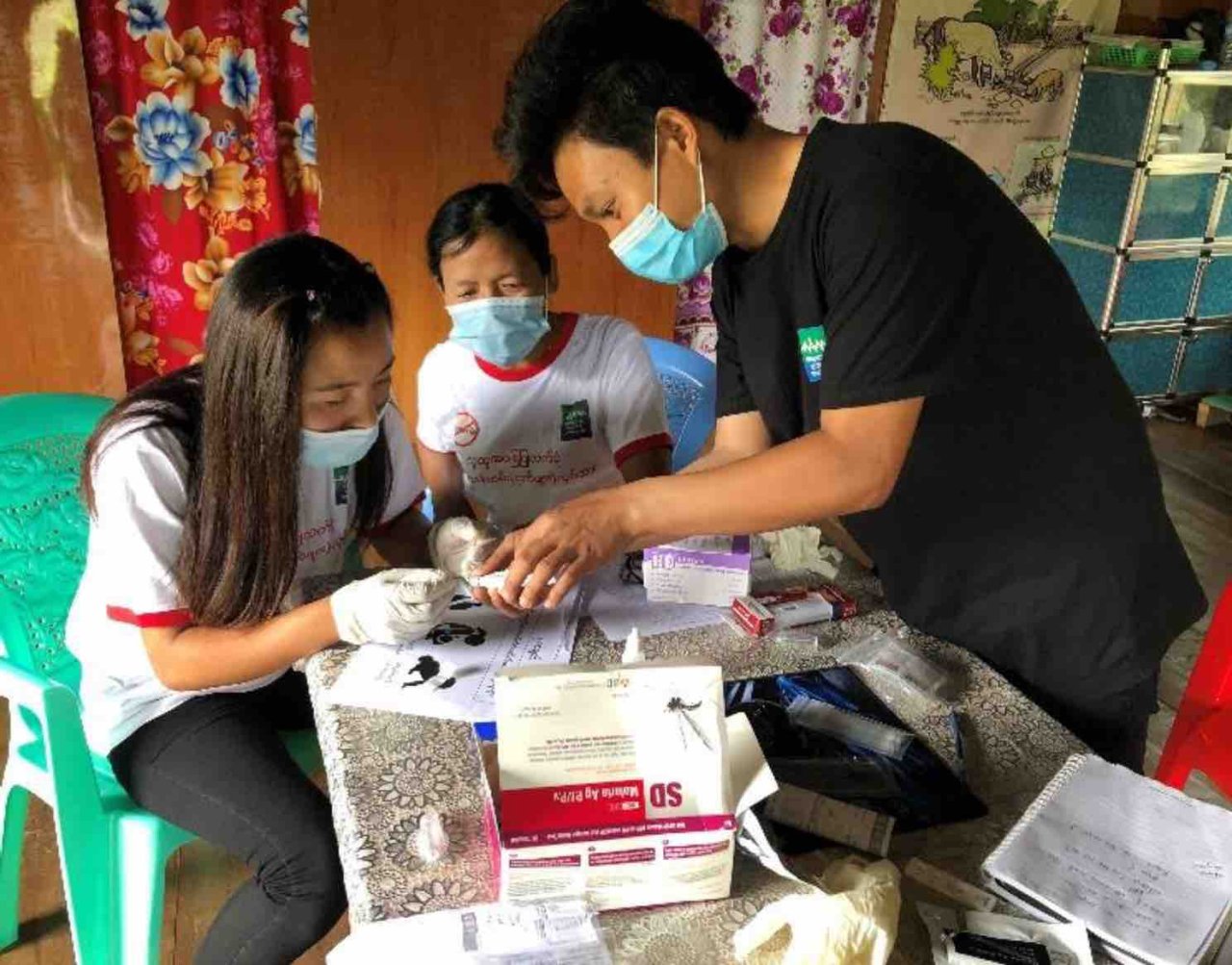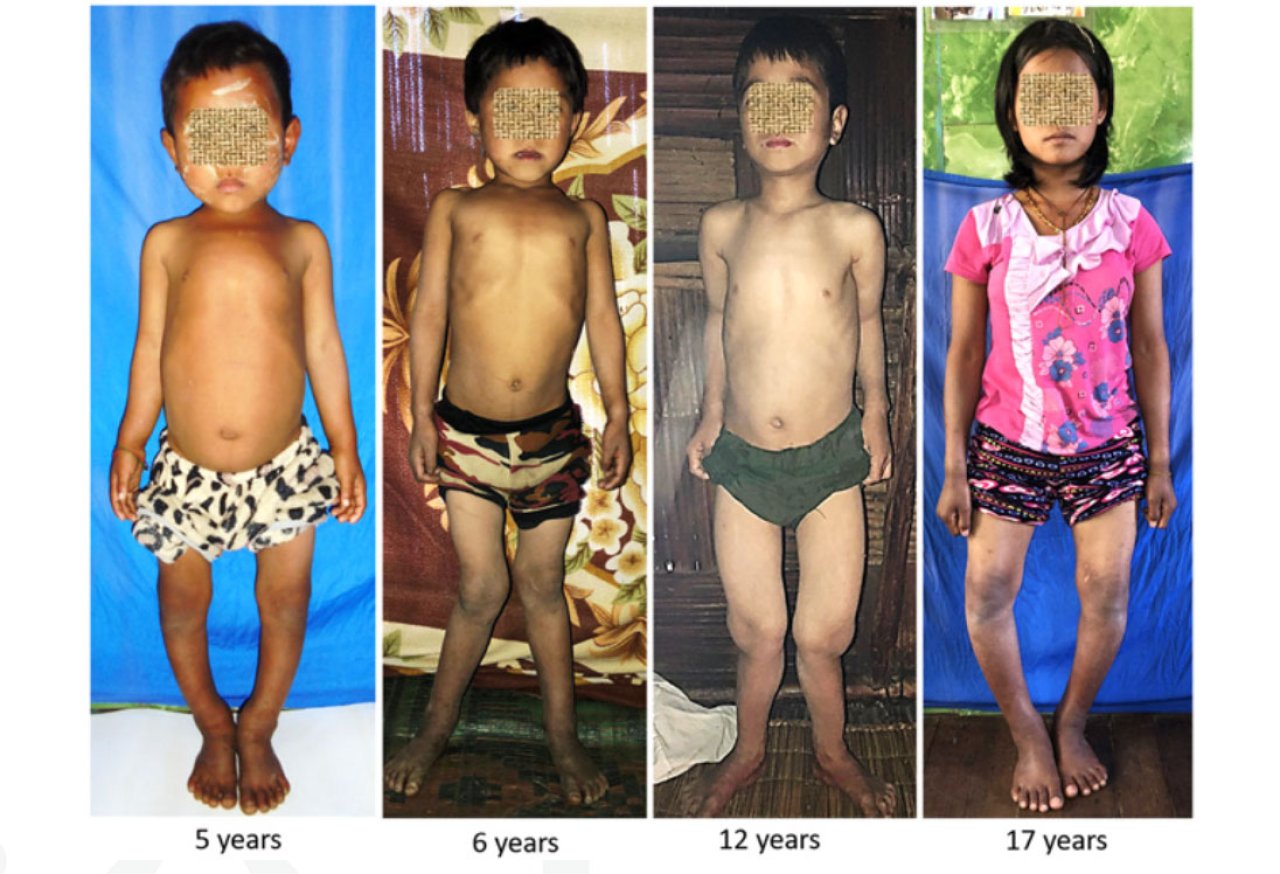by MAM and Oxford university
The Myanmar Oxford Clinical Research Unit (MOCRU) was established in 2013. MOCRU has a strong link with Medical Action Myanmar (MAM), a non-governmental organisation with a well-established infrastructure of 10 clinics and 2,000 village health workers spread across the poorest rural areas, which are a valuable resource for future research. The MOCRU admin staff and academic leadership share an office and logistical base in Yangon with MAM.

Research projects and publications

RESEARCH ARTICLE
Successful elimination of falciparum malaria following the introduction of communitybased health workers in Eastern Myanmar: A retrospective analysis
by Aye Sandar Zaw, Ei Shwe Sin Win, Soe Wai Yan, Kyaw Sithu Thein, Vasundhara Verma , Alistair R. D. McLean, Thar Tun Kyaw, Nicholas J. White,Frank M. Smithuis
Myanmar has a large majority of all malaria in the Greater Mekong Subregion. In the past decade, substantial progress was made in malaria control. The residual burden of malaria is in remote areas where currently recommended malaria elimination approaches are generally not feasible. In such hard-to-reach communities in Mon state, East Myanmar, Medical Action Myanmar introduced community health workers (CHWs) to deliver early diagnosis and treatment for malaria. We conducted a retrospective analysis to assess the impact of this intervention.... continue reading

Case Report: Children with Severe Nutritional Rickets in the Naga Region in Northwest Myanmar
by Hein Aung, Kyaw Soe, Frank F Smithuis, Thomas Lamb, Moe Wint Aung, Frank M Smithuis
The American Journal of Tropical Medicine and Hygiene 2021
Rickets is an often-neglected, painful, and disabling childhood condition of impaired bone mineralization. In this case series we describe a cluster of 29 children with severe, painful bone deformities who live in the very remote region of Nagaland in northwest Myanmar...continue reading

Ambulatory induction phase treatment of cryptococcal meningitis in HIV integrated primary care clinics, Yangon, Myanmar.
by Warrell CE., Macrae C., McLean ARD., Wilkins E., Ashley EA., Smithuis F., Tun NN.
BMC Infectious Diseases (2021) 21:375
Background: Cryptococcal meningitis (CM) is a common HIV-associated opportunistic-infection worldwide. Existing literature focusses on hospital-based outcomes of induction treatment. This paper reviews outpatient management in integrated primary care clinics in Yangon....Read more

Ongoing research projects:
Determining predictors of mortality and loss to- follow-up in HIV clinics in Myanmar
A multi-centre observational study to describe the prevalence of scrub typhus defined as a positive rapid diagnostic test among selected patients presenting with fever to clinics in Myanmar
Environmental sampling and mapping of the geographic distribution of Burkholderia pseudomallei, the cause of melioidosis, in Myanmar
Cross-sectional study investigating the causes of pneumonia in two community clinics in two Yangon townships, Myanmar
Public engagement activities: Form theatre as a tool for public engagement on Fever and Antibiotic use in Myanmar
Studies of malaria treatment combinations (just finished TRAC II, preparing for DeTACT)
Determining the factors associated with severe rickets in Nagaland, Northern Myanmar.
Determining the aetiology of fever and improved ways to manage fever in resource poor settings and in remote communities.
Malaria elimination strategies in hard to reach areas investigating a variety of community based strategies
